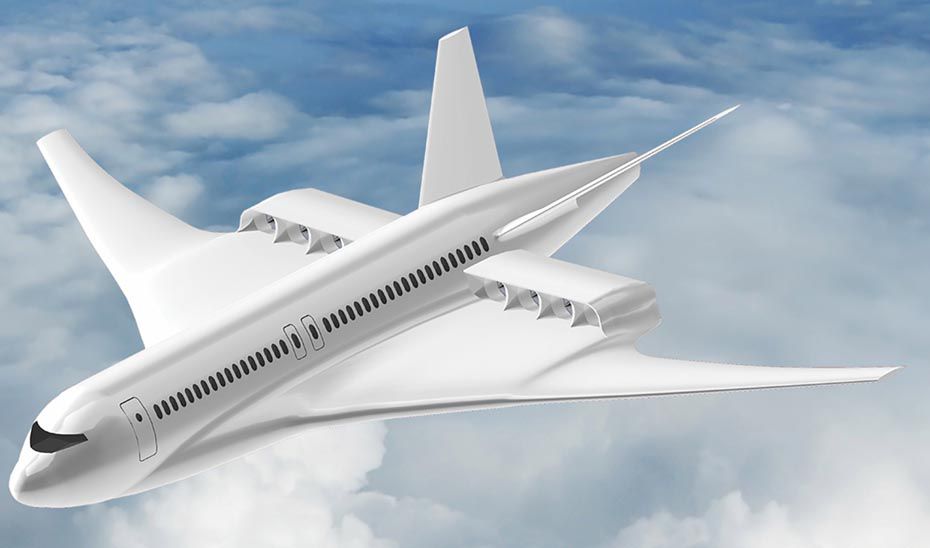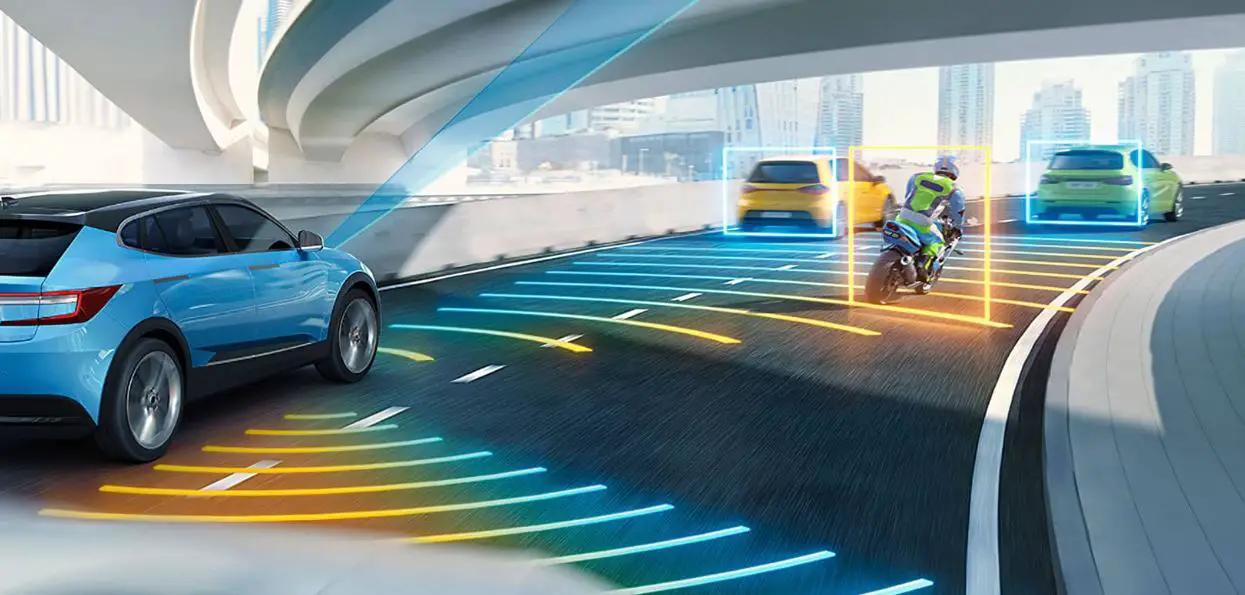There is little doubt that hydrogen will be one of the fuels, along with electricity, to decarbonize aviation, its use brings some constraints – including that of very significantly extending the duration of air travel.
Carbon-free aircraft, in the commercial aviation sector, should be a reality by 2035. This is at least the bet of many industrialists and of which we are fairly convinced that they should achieve it.
To decarbonize the aircraft of tomorrow, several solutions are being considered, including hydrogen, which appears as the best candidate and is in fact the solution favored by aircraft manufacturers.
But, if this zero-emission fuel will be very beneficial for the climate , it will also change our travel habits by quite significantly increasing the duration of air travel , especially for large aircraft.
And not just a little. For example, the Paris-Sydney trip, which currently represents 22 hours of flight, will require 38 and a Paris-New York will require 15 hours of flight, compared to 8 at present!

The size of the tanks necessarily limited
To understand why the use of this fuel, which allows launchers to fly at several kilometers per second, will extend travel times by several hours compared to today’s journeys, it is necessary to know that hydrogen is four times bulkier than kerosene .
This fuel will therefore require huge tanks, which will lead to changing the architecture of aircraft due to these storage problems.
And if the flying wing constitutes the most interesting architecture for a hydrogen plane, because of its storage capacities, it also has its limits in size.
Despite its ability to carry very large tanks, the wingspan of the flying wings will necessarily be constrained to a maximum size of 80 to 100 meters. This is why these flying wings will fly slower in order to reduce energy consumption – which will limit the quantities of hydrogen to be carried.
Airbus is also aiming to develop the world’s first zero-emission commercial aircraft. Airbus aims to develop the world’s first zero-emission commercial aircraft by 2035. The planes will have hydrogen technologies that will shape the development of our future zero-emission Airbus aircraft.




